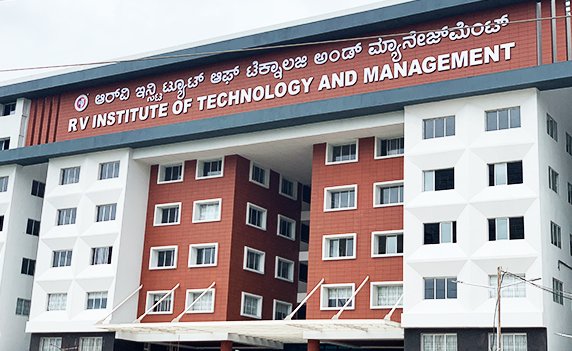The International Conference on Evolutionary Algorithms and Soft Computing Techniques (EASCT 2023) emerged as a pivotal platform for researchers, academics, and industry professionals to converge and exchange groundbreaking ideas on sustainable and energy-efficient computing. Held at the RV Institute of Technology and Management, the conference provided a fertile ground for fostering innovation and addressing critical challenges in the field.
A Focus on Sustainability and Efficiency
EASCT 2023 underscored the growing importance of sustainable computing practices. The conference delved into a wide range of topics, including:
- Energy-Efficient Algorithms: Exploring techniques to optimize computational processes for reduced energy consumption.
- Sustainable Hardware Design: Investigating eco-friendly hardware components and architectures.
- Green Data Centers: Addressing the environmental impact of data centers through efficient cooling and power management.
- Renewable Energy Integration: Exploring the integration of renewable energy sources into computing systems.
Key Takeaways from EASCT 2023
The conference showcased a wealth of innovative research and development in the field of sustainable computing. Some key takeaways include:
- The Growing Importance of AI: Evolutionary algorithms and soft computing techniques are increasingly being combined with artificial intelligence to create intelligent and efficient systems.
- Emphasis on Real-world Applications: Researchers presented practical solutions to real-world problems, demonstrating the impact of sustainable computing on various industries.
- Collaboration and Knowledge Sharing: The conference fostered collaboration among researchers from different backgrounds, leading to the exchange of ideas and the formation of new partnerships.
- Focus on Education and Awareness: The event highlighted the need for increased awareness of sustainable computing practices among students, researchers, and industry professionals.
Impact of EASCT 2023
EASCT 2023 has undoubtedly contributed to advancing the field of sustainable computing. The conference has inspired new ideas and collaborations by bringing together leading experts and showcasing cutting-edge research. The insights gained from the event will undoubtedly shape the future of computing and its impact on the environment.
Future Directions
Building on the success of EASCT 2023, future conferences should continue to focus on emerging trends and challenges in sustainable computing. Areas for exploration include:
- Quantum Computing and Sustainability: Investigating the potential of quantum computing for energy-efficient solutions.
- Edge Computing and Sustainability: Exploring the environmental impact of edge computing and strategies for optimization.
- Human-Centered Sustainable Computing: Focusing on user behavior and education to promote sustainable computing practices.
Key Themes and Highlights
EASCT 2023 delved into a wide array of topics central to the future of sustainable computing:
- Energy-Efficient Algorithms: Exploring innovative techniques to optimize computational processes and reduce energy consumption.
- Sustainable Hardware Design: Developing eco-friendly hardware components and architectures to minimize environmental impact.
- Green Data Centers: Addressing the energy consumption challenges of data centers through efficient cooling and power management strategies.
- Renewable Energy Integration: Investigating the integration of renewable energy sources into computing systems.
- AI and Sustainability: Exploring the synergy between artificial intelligence and sustainable computing for optimized solutions.
Real-World Applications and Impact
A key highlight of EASCT 2023 was the emphasis on practical applications of research findings. Attendees witnessed a plethora of case studies and real-world implementations of sustainable computing solutions. These included:
- Energy-Efficient Data Centers: Demonstrating how optimized cooling systems and renewable energy integration can reduce carbon footprints.
- Sustainable IoT Devices: Showcasing low-power devices and network architectures for energy-efficient IoT applications.
- AI-Driven Optimization: Presenting AI-powered solutions for optimizing energy consumption in various domains.
Challenges
While EASCT 2023 showcased significant advancements, there are still challenges to overcome:
- Economic Viability: Balancing the cost of sustainable technologies with their environmental benefits.
- Standardization: Developing common standards and protocols for sustainable computing practices.
- Public Awareness: Increasing public awareness of the importance of sustainable computing.
Conclusion
EASCT 2023 served as a catalyst for innovation and collaboration in the field of sustainable computing. By addressing critical challenges and showcasing promising solutions, the conference has contributed significantly to the development of a more environmentally friendly computing ecosystem. As the world continues to grapple with climate change, events like EASCT will play an increasingly important role in shaping the future of technology.
